America’s favorite neighbor, Mister Rogers, once said to look for “the helpers” when you’re feeling scared. Amid a devastating pandemic and associated economic downturn, many Americans embarked on that search and, according to new research, got the help they needed from a church.
The 2021 American Family Survey from the Deseret News and the Center for the Study of Elections and Democracy at Brigham Young University found that the share of U.S. adults who say houses of worship were helpful during the COVID-19 crisis is higher than the share who say the same about employers or public schools. Only government officials at the local, state and federal levels received notably higher marks for helpfulness than religious institutions.
The survey also showed that the group of Americans who feel helped by houses of worship is growing. In 2020, 23% of U.S. adults said churches were at least “slightly helpful” to their family, compared with 34% today, the American Family Survey reported.
Another new study — this one from Lifeway Research — found that Americans are more than seven times as likely to say local churches have been helpful during the pandemic than to say they’ve been harmful.
It’s clear that houses of worship are making a good impression on the communities they serve, said Scott McConnell, the organization’s executive director.
Your tax-deductible gift helps our journalists report the truth and hold Christian leaders and organizations accountable. Give a gift of $30 or more to The Roys Report this month, and you will receive a copy of “Hurt and Healed by the Church” by Ryan George. To donate, click here.
“Americans are indicating that they’ve seen signs that people of faith were trying to do good and help others during the pandemic,” he said.
These survey results are especially notable in light of the ways the pandemic interfered with churches’ work, McConnell added. Social distancing, volunteers’ health status and other factors made it harder for religious institutions to provide food, clothing and shelter to people in need.
“At least historically, charity is something that happens in person,” McConnell said. “COVID challenged those trying to show love in a practical way to their community.”
At many churches, the pandemic also fueled a drop in donations, limiting the resources available for charitable aid. Nearly 1 in 4 churchgoers gave less to their congregation in 2020 than they did in 2019, according to a Lifeway Research survey from earlier this year.
Houses of worship offering pandemic-related help also had to compete with religious institutions that viewed the crisis very differently. From the beginning of the COVID-19 crisis, a small but vocal minority of pastors and churches has rebelled against safety regulations, fighting for religious exemptions to social gathering policies and mask mandates.
For example, Pastor Greg Locke of Global Vision Bible Church in Mount Juliet, Tennessee, has repeatedly criticized masks, limits on in-person gatherings and COVID-19 vaccines. There’s even a sign outside his house of worship that reads “This is a mask-free campus. Kindly remove them or stay in your car. We celebrate faith over fear,” as reported in August.
Religious resistance has grown louder as employers, venues and schools impose vaccine mandates. Some pastors and faith groups are now publishing letters online that aim to help those seeking religious exemptions from vaccine requirements.
“Unfortunately, it seems like churches are becoming the disinformation arm of anti-vax campaigns. There’s a lot of negative information that’s coming out from a small minority of religious organizations,” said Alison Gill, vice president for legal and policy for American Atheists.
This trend is troubling to people of faith who support vaccination, including Dr. Francis Collins, who directs the National Institutes of Health. Last month, he said that he’s struggled to understand why many evangelical Christians have refused the vaccine.
“If we’ve all been praying to God to somehow deliver us from this terrible pandemic, and what happens is these vaccines get developed that are safe and effective, well, why wouldn’t you want to say, ‘Thank you, God,’ and roll up your sleeve?” he said.
Because there are some people of faith who aren’t embracing vaccination, companies across the U.S. are struggling to respond to requests for religious exemptions to vaccine mandates. Several related lawsuits have already been filed.
If battles over religious exemption requests drag on through the fall — and the relatively low vaccination rates for some faith groups fail to climb — religion’s reputation could suffer.
But, at least in the short term, churches’ association with helpfulness seems safe, McConnell said.
“I think people separate (anti-vax) individuals from the institution of the church,” he said.
Kelsey Dallas covers religion, politics and the Supreme Court for the Deseret News and serves as deputy editor of Deseret News National. She holds a master’s degree in religion from Yale Divinity School.




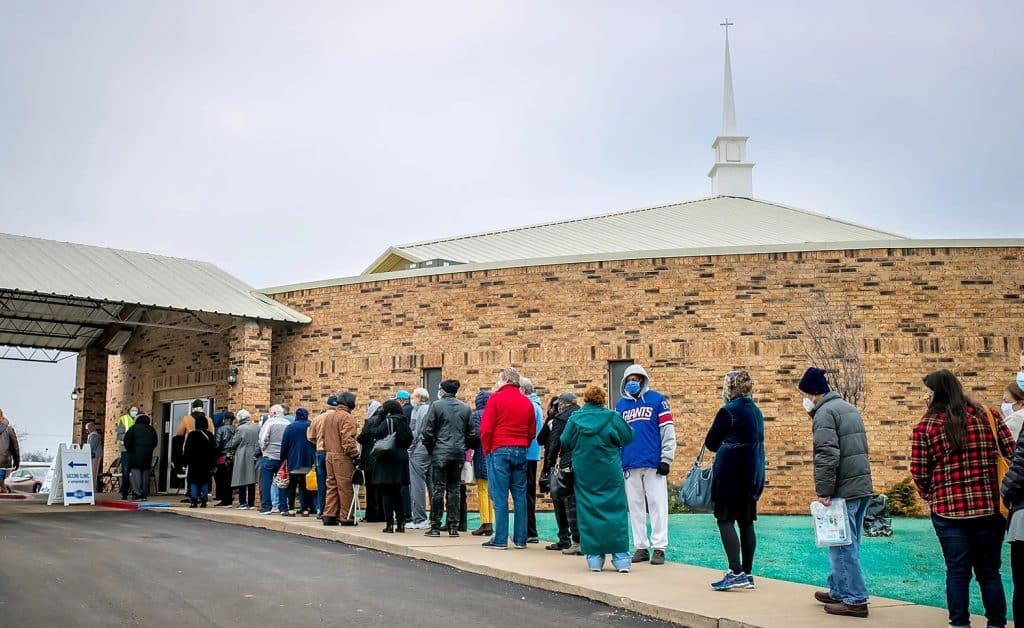
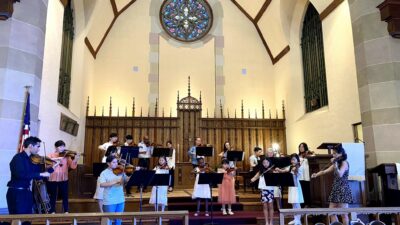
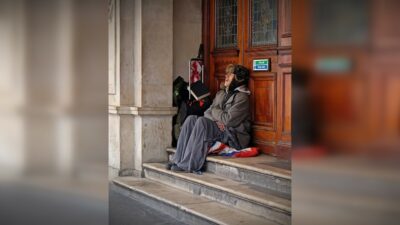
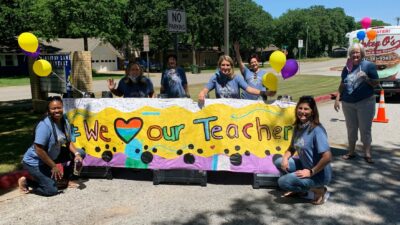

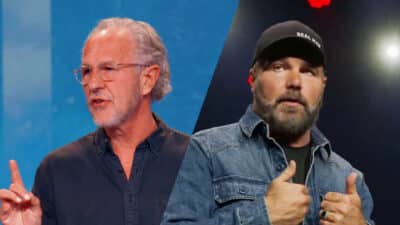
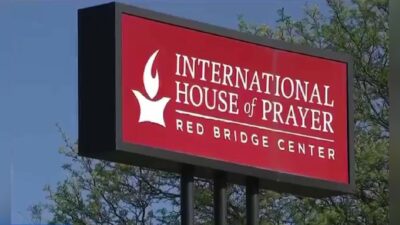
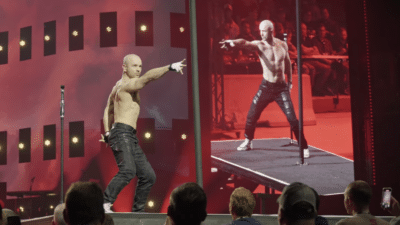

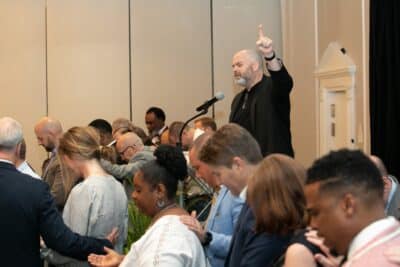






3 Responses
Using an atheistic group to explain what Christians think about vaccines is like asking PETA what it thinks about McDonald’s.
And “pastor” and “Greg Locke” should never be used in the same sentence. He disqualified himself from the office when he divorced his wife to marry her now-ex BFF.
I would’ve liked specific examples of church’s responding in a positive manner, and less focus on the vocal minority. Saddleback (Rick Warren), I believe, was the largest distributer of food handouts in Orange County during the pandemic. They also followed the government restrictions without a fuss, and encouraged others to do so as well. They focused on meeting in small groups outdoors to maintain connection. Saddleback’s webpage includes guidance on avoiding misinformation, with links to reputable information such as the CDC’s website, as well as other resources for those suffering mental health issues. Also they encourage vaccination. Just one example of many church’s that have an outward focus and serve their communities selflessly without all the anti-government paranoia.
Loren Martin, thank-you for making such good points about how some churches helped people during the pandemic. I know that in my church, there were members who called our church office and asked to help anyone who might have been put out of work and needed financial assistance, while others delivered groceries and prescriptions to the elderly who could not chance going out and getting the virus, before the vaccine was available.